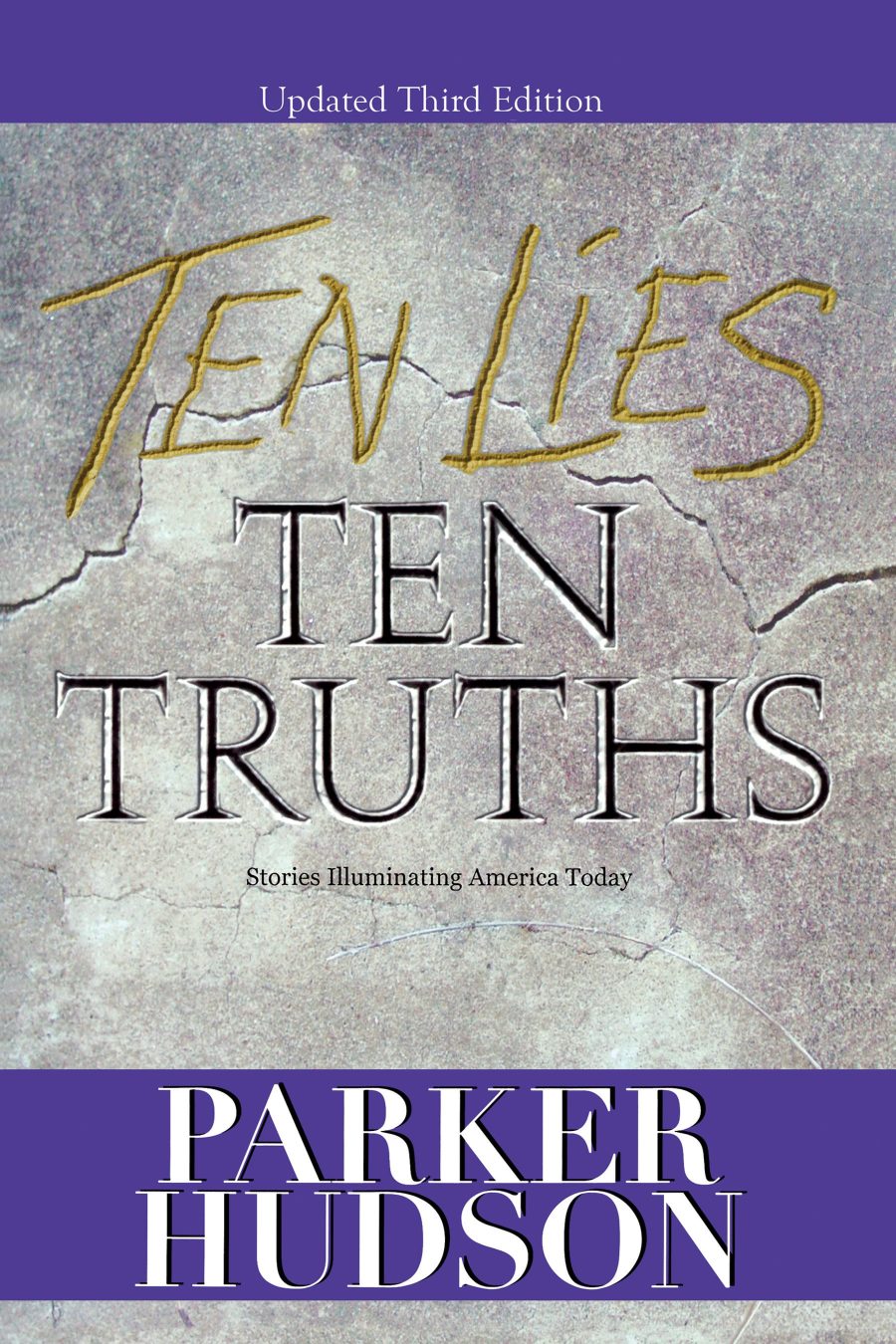I have a different take on Russia and Russians than you might hear otherwise, and this experience leads me to a small suggestion which I often share with our children.
Russians tend to be independent and entrepreneurial; they believe in faith, family, education, friends and looking out for each other. They don’t trust the government, generally don’t invest in stocks, don’t borrow, or keep their money in banks. If they want to buy something, they save for it and then pay cash.
Why? My good friend Darrell Stanaford is a West Point graduate who has worked in Russia for almost twenty years. He is married to Sveta, one of the smartest people in either hemisphere; and they have a gifted son. In Darrell’s contribution to a book called Russia for the Advanced (all of the contributors have long experience in the country), he points out a singularly defining fact: every generation of Russians has experienced losing everything.
We rightly admire our own Greatest Generation, which suffered through the Great Depression and fought World War II overseas. But think about it: every generation of Russians for at least ten generations has experienced losing everything! To war, government induced famine, revolution, or government expropriation. From personal experience they know that the government often harms whatever it touches, genuinely hurting people. Ironically, Russians run from the idea of more government, while some of our leaders are embracing it.
Russia is a European Christian country with a third of the world’s oil and a quarter of the world’s gas. They will help fight the people who are really trying to kill us. Imagine if Mexico, in addition to all its current splendor, were also a Jihadist state? That’s what the Russians have had to deal with for centuries.
When was the last time you heard Russians described in this way?
Why are we at odds with each other? Our core beliefs are virtually the same. In my opinion, the politicians in both countries gain from having the other to bash. So on at least this subject I agree with our current Administration: it’s time to hit the Reset button with Russia, certainly not giving in to all that they might want, but not demonizing them either.
So to what conclusion has knowing Russia since 1969—the good and the bad—led me? Sources. If all you know about a place, country, people or organization comes from just one or two sources, you really don’t know anything. No matter how good they supposedly are. Every source has a perspective and a purpose, even if subtle and unintended. So you have to look around, question, and find more sources. Look for all the sides. Read and listen. Only then decide the truth. And always be ready to learn more.


Dear Parker,
Thank you so much for your attitude and understanding.
We too do believe that we have much more in common than any politician can ever expect.
You know – there is a joke about the way Americans who use limited sources judge the Russians. It sounds like this (sorry for bad translation from the Russian):
Russian family. Farther comes back from job.
– Darling, I’m back!
– Why are you so late?
– On our way home the bear broke it’s leg – had to treat him with vodka.
– OK. Sit down, let’s drink some vodka all together.
– Mammy! May a play with the bear?
– OK, but first take a shot of vodka.
– By the way, where’s Grandpa?
– Oh. It’s already a fortnight that he’s in line to get some coupons for vodka.
– Thanks God, he took a couple of vodkas before. Don’t waste your time – join us and take a shot.
– OK, son! Now you can go for a walk and don’t forget to complete the report to KGB tonight. On your way home please get some vodka for coupons as we are short of it already.
– Darling it’s hot. Could you turn off the nuclear reactor?
– May I finish my vodka first? And play the balalaika for me.
======
I’m really glad that more and more people in the world have opportunity to learn about us a bit more than vodka and balalaika.
And thank you personally for your great contribution to this process.